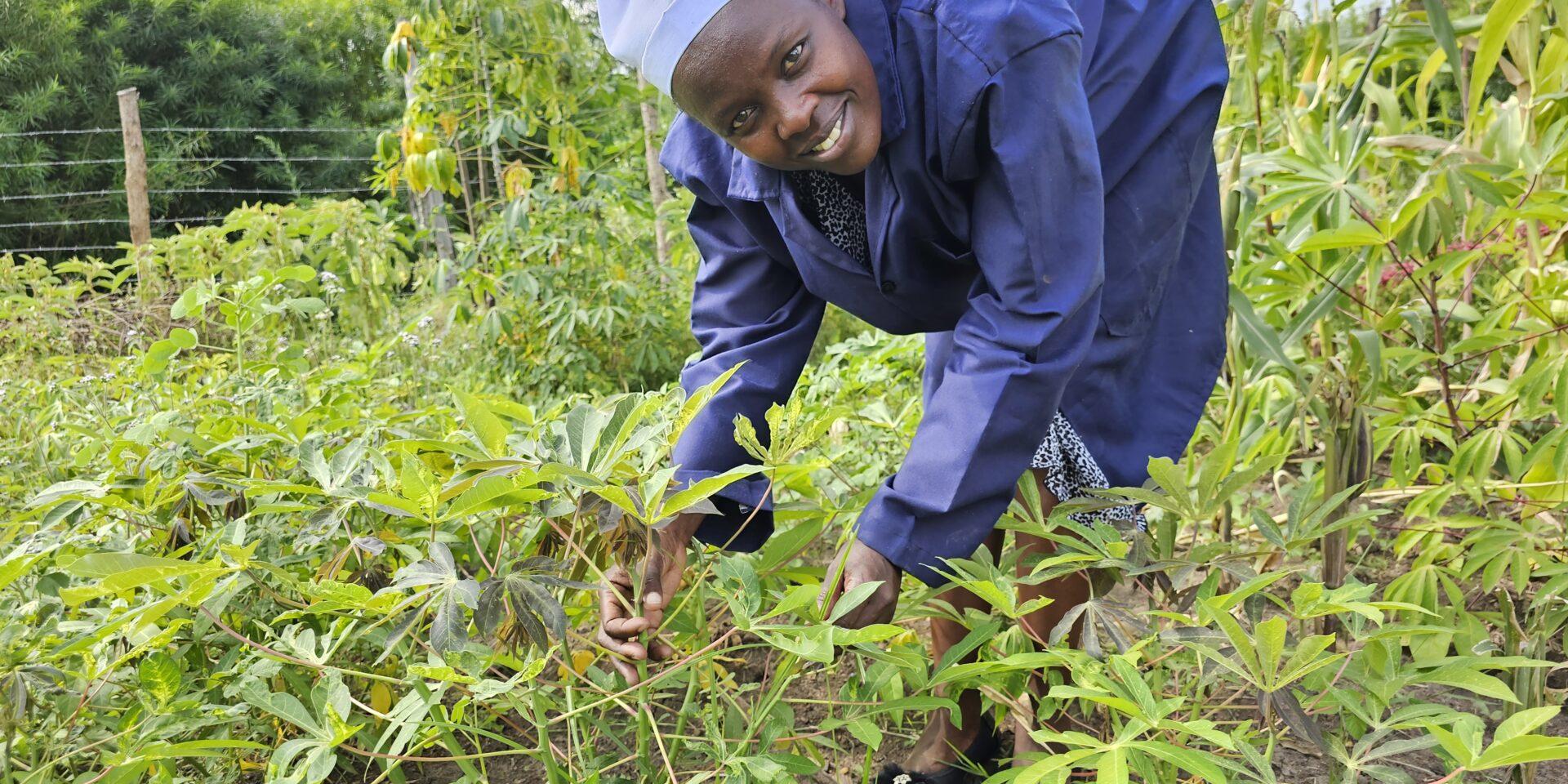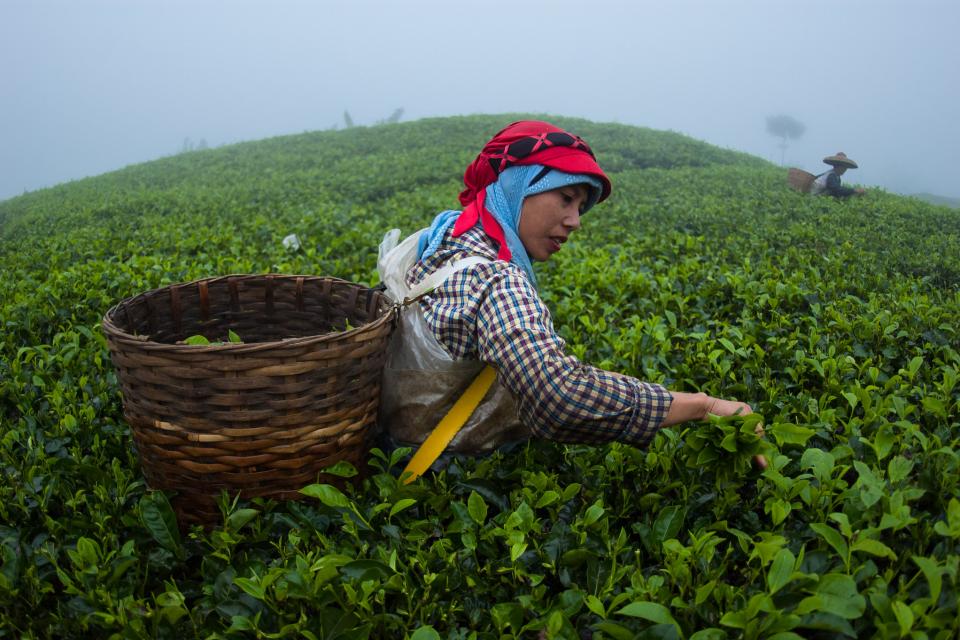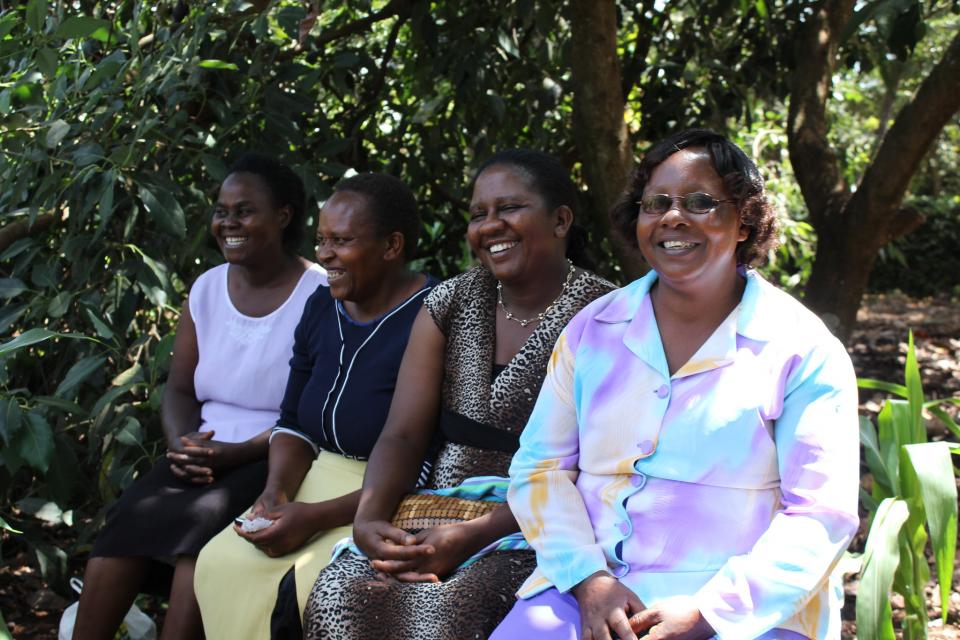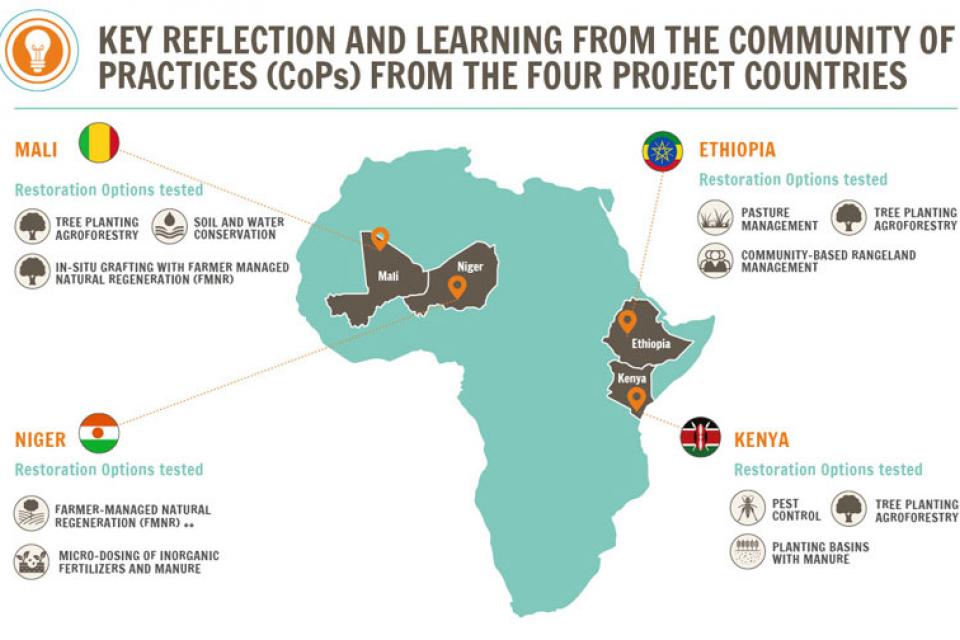How Kenyan women are leading the agroecology revolution in Kenya
 Photo via CGIAR.
Photo via CGIAR.
Women in Kenya collaborating with CGIAR to implement agroecology and nature-positive agriculture practices are increasing agrobiodiversity, restoring landscapes and – crucially – setting examples of how women can improve their families’ health and biodiversity-based incomes.
The villages in Nyando, Kenya, tell stories of communities where subsistence farming is based maize, sorghum, millet and other seasonal crops, which are generally planted on small monoculture plots. However, Evelyn Okoth’s farm stands out for its diversity, proving that farmers can manage their farms to grow more than one crop at a time.
As you enter the gate to Ms. Okoth’s farm, you are welcomed by a trellis covered in sweet potato vines that rise out of rich soil filled with several traditional maize varieties. Located in Agoro East village, in Kisumu County, richly fruited pawpaw trees welcome you. There are vertical gardens on which she has planted different types of vegetables including black night shade (managu), spider plant (sagetti), amaranth (terere), collard green (sukuma wiki) among others.
A portion of her land is dedicated to vermiculture. Vermiculture is the agroecological practice of using earthworms to compost organic waste, turning it into a low-cost but highly valuable fertilizer (or vermicompost and “vermijuice”) for her biologically diverse farm.


